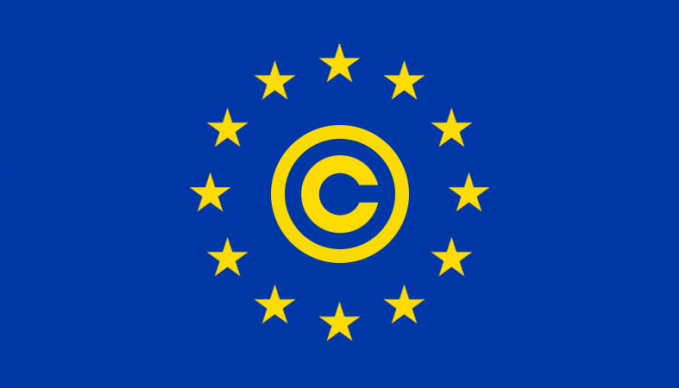This week, the UK government announced that it is not planning to implement the EU’s recently-passed Copyright Directive including the now-infamous Article 13 after Brexit. There’s a deep-seated hypocrisy at play here, which makes it a real pain in the arse for music fans: here’s why.
The point of the Copyright Directive is to hold big tech platforms — YouTube, Facebook and the like — accountable for failing to remove copyrighted content uploaded by users to their site. Initial fears from techy bros on Twitter that this would kill the concept of the meme were addressed with a tweak before the directive passed, which ensured that it would still be ok to use copyrighted content, provided that it was “for purposes of quotation, criticism, review, caricature, parody and pastiche”.
The recorded music industry across Europe campaigned hard for these new laws, because they will strengthen the industry’s hand in fighting for a fair deal for artists when licensing their work.
But, as Farage demonstrated when he waved his little flag gleefully during his last speech to the EU Parliament, Brexiteers love to play David to the EU’s Goliath. They’d like you to believe that, outside of the EU, the UK will be somehow free: pluckily sovereign, masters of our own destinies. Cowboys, but with better access to fairly-priced consumer goods than there was in the Wild West.
So even the most credulous among us will surely be a little surprised to find that, at the very first service station on the road to freedom, we find ourselves bending over in front of Mark Zuckerberg.
Boris Johnson tweeted his opposition to the Copyright Directive when it first passed, claiming that it’s “a classic EU law to help the rich and powerful” and “a good example of how we can take back control”. But who are these rich and powerful?
Some of the prime beneficiaries of Article 13 are artists, and the people who represent them. This is because, for artists and their music to flourish in the digital age, they need a copyright framework that has been modernised for a digital era. Copyright isn’t sexy, but without it, there’s not much rock ‘n’ roll.
That’s why the British music industry is calling on the government to protect artists, and rethink the decision not to implement the Directive post-Brexit. The typical salary of a UK musician is well below national average, so it’s hard to see who Boris thinks he’s kidding with claims of taking on the rich and powerful.
I think, I think, I might have already seen someone say this on Twitter but: it’s almost as if Brexit is not the smartest idea we’ve ever had.




